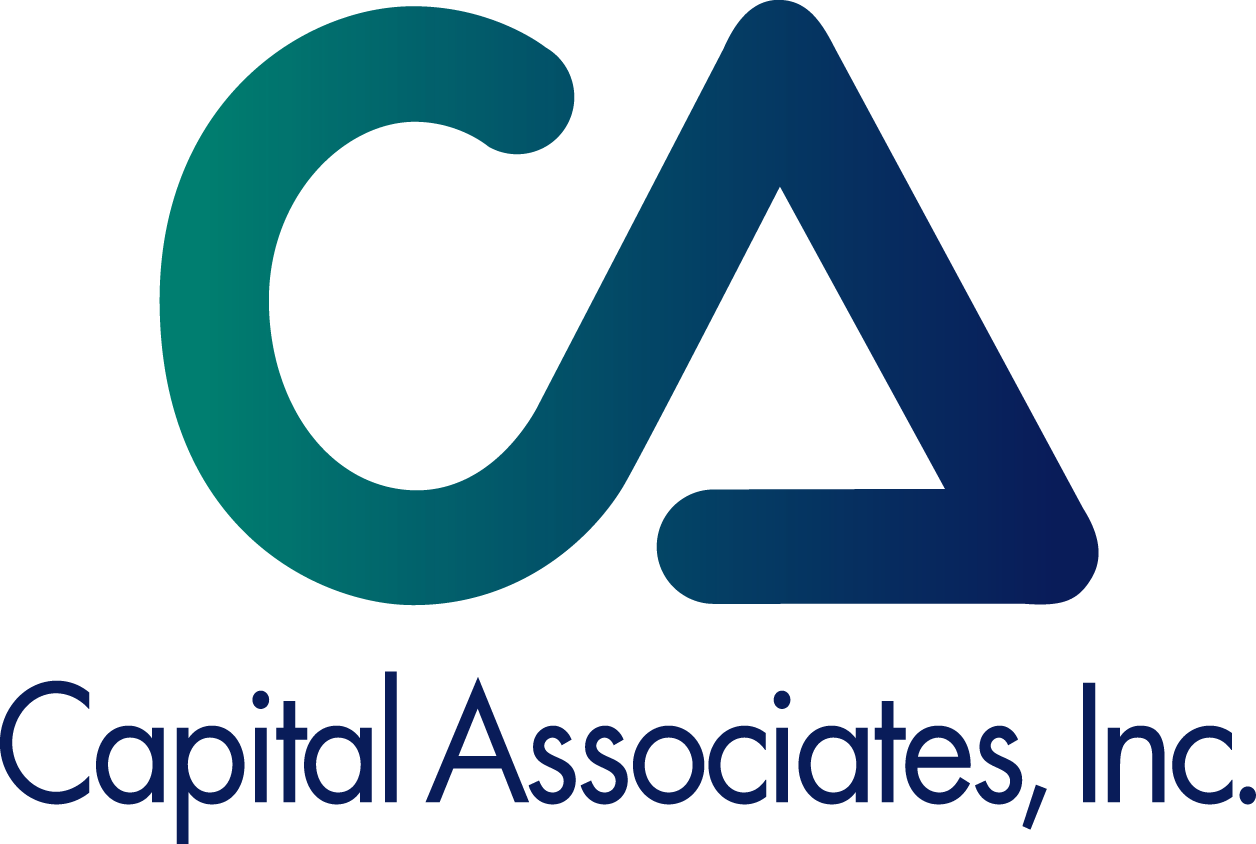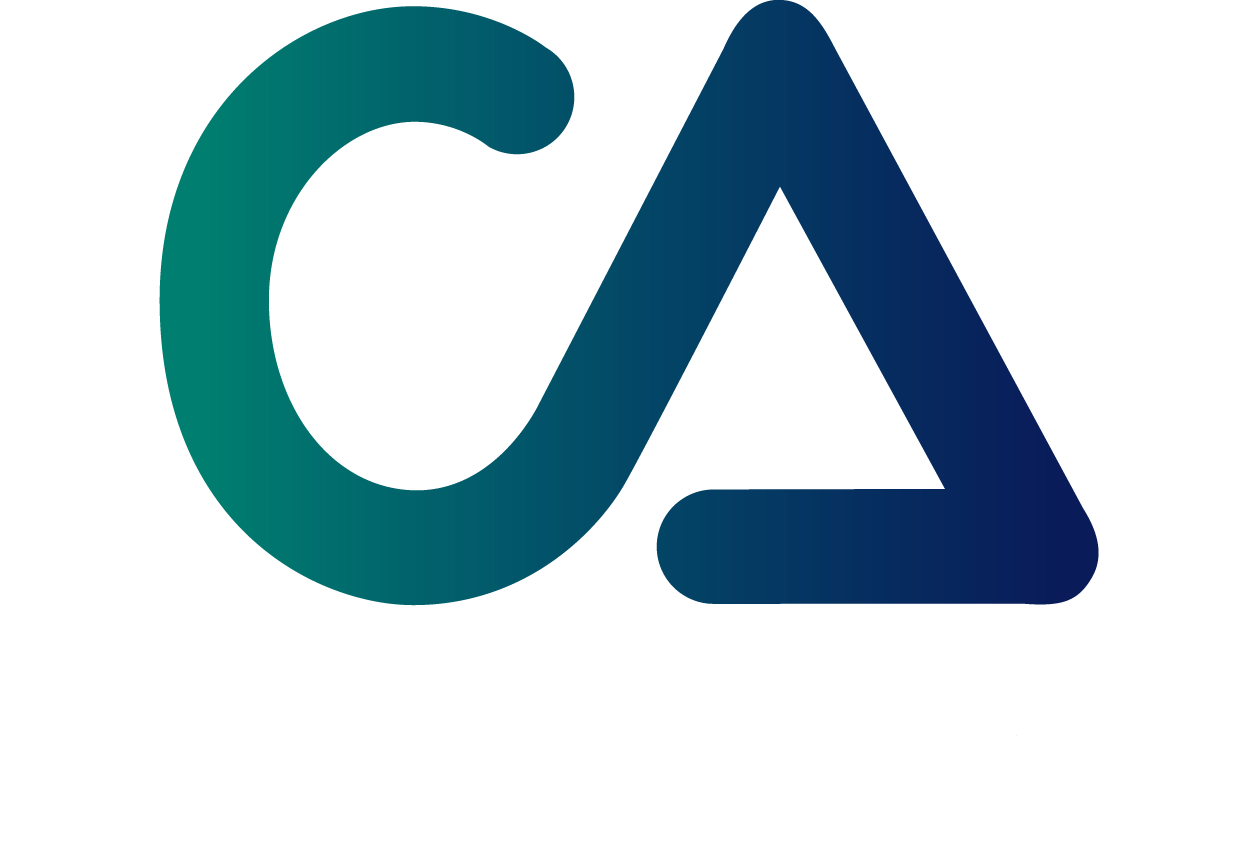16 Feb Advocacy: Keep the Product, Change the Marketing
Advocacy needs to change with the political cycle, but the goals don’t have to.
With the changing political landscape in DC, Democrats in power have undoubtedly adopted an approach that can be termed – the politics of deconstruction. Their strategy in the face of a new administration is to never let the new President and his administration ever find firm footing. From delaying cabinet confirmations to vigorously pursuing the ouster of appointed or already confirmed officials to embracing every opportunity to discredit the position and goals of the new administration, they are focused on deconstructing this President.
I can’t fault them for their approach. Frankly, it is one that when deployed appropriately can be successful if the political winds are measured correctly. But it only works if you are in a position of power or, in the case of an advocacy organization, if you are willing to forego your advocacy goals. For most advocacy organizations, the dismissal of your advocacy goals is not an affordable one and is a decision that should be avoided.

PA Capitol from the CA Offices
The reality is, through all of the partisan politics, advocacy goals can and will be achieved from every ideological position no matter who is in power in DC or any statehouse across the country. Most organizations don’t have the time or resources to waste on the never-ending cycle of partisan politics so, in a world where getting to the finish line in policy-making can be more difficult than ever, it is critical for organizations to not fall into the trap of partisan politics and remain focused on achieving their advocacy goals.
But focus is only the first step. Developing and executing a strategy are the most important steps. Whether your advocacy goal is more funding for human services or business tax reform, your advocacy goal is your product. If you have a quality product, you shouldn’t have to change it simply based on a new turn of the political cycle. But if you want to sell your product to a different demographic, you have to change your marketing.
Pennsylvania offers a perfect example. For the last two years, Governor Wolf has pursued big changes and initiatives in his budget proposals. After suffering some political body blows from this approach, he has made a notable change in his approach with his 2017-18 budget proposal. Facing perpetual budget deficits and bipartisan opposition to new or increased taxes, Governor Wolf embraced the idea of “re-imagining government.” It was a clear sign that the target demographic for advocacy organizations has changed. When an elected official uses that kind of phrase to describe their approach to policy-making, you have to take them at their word. Those who don’t will suffer the consequences of defeat. Those that do and adjust their marketing (advocacy) accordingly to speak to this new approach will position themselves for success.
It is easier said than done, but those who do it will find success easier than those who don’t.


